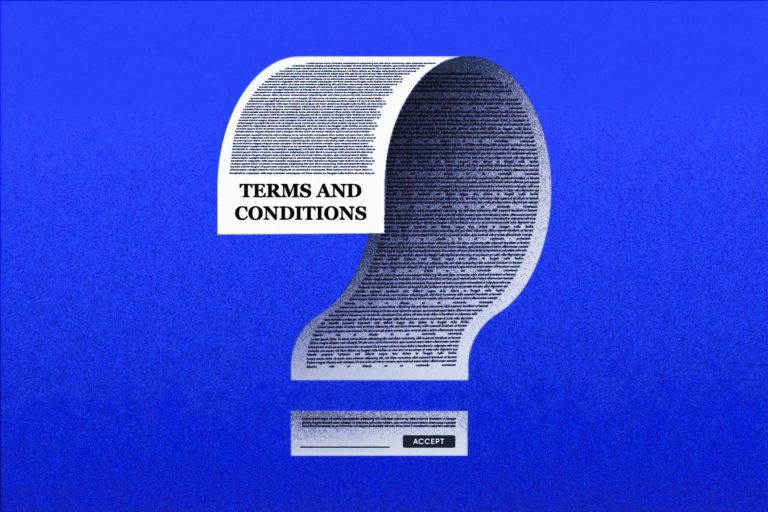
Should You Talk with Loved Ones about Your Estate Plan?
We think of family time as gatherings for holidays and celebrating joyful occasions. However, there are times when the business side of life needs to be addressed. The best time to share your estate plan information with the family is when you are well, mentally and physically, says the article “Financial Focus: Consider family meeting to discuss estate plans” from Vail Daily.
What should your conversation include?
What are your wishes for your estate plan? Do you hope to leave an inheritance for family members, support a family member in need, or create a legacy with a charitable organization? The family meeting is the time to clarify your thoughts with loved ones, especially if there are concerns within the family, such as a special needs member or economic disparities between siblings.
Be prepared for surprises. Your millennial children may be more concerned about you having a secure retirement than an inheritance.
If you have your estate planning documents in order, this is a time to discuss them. If you do not, make an appointment to meet with an experienced estate planning attorney to create a comprehensive plan. Your documents may include a will, a trust, financial power of attorney, health care power of attorney and end-of-life documents. Give your family members a general idea of your wishes, especially for end-of-life matters. This relieves them from having to guess what you would have wanted in times of incapacity or upon your death.
Talk about the roles you wish them to play. You will need to name an executor to administer your estate. They should be asked to take on this role before the time comes. You will also need a trustee and a successor trustee for any trusts. Choosing the right person for these roles involves acknowledging who is more capable—just because one sibling is older does not mean they are the best candidate to serve as executor.
For some families, the best setting for a family meeting is their estate planning attorney’s office. It is a neutral setting and people are less likely to fall into old behavior patterns (including spats) when they are in a professional office.
Let the family know this is not the final discussion about your estate plan. Encourage questions and, if necessary, offer to meet again. If the initial groundwork is set, you will have begun establishing a legacy for yourself and your family.
Reference: Vail Daily (Jan. 25, 2024) “Financial Focus: Consider family meeting to discuss estate plans”



